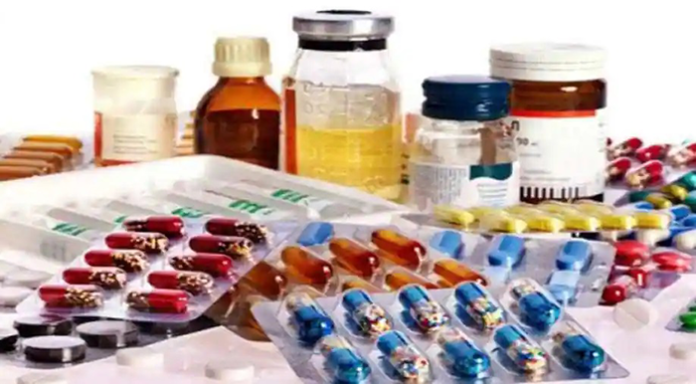By: Isuru Parakrama
October 15, Colombo (LNW): The Cabinet of Ministers has granted approval to establish buyback agreements for the procurement of locally produced medicines and medical supplies from identified institutions for a period of one year.
This decision aims to bolster domestic pharmaceutical production and ensure a more self-sufficient supply of medical products in Sri Lanka.
This latest decision builds upon previous initiatives dating back to November 2013, when the Cabinet first approved the purchase of locally manufactured medicines under the Buyback Agreement procedure.
This move sought to prioritise the State Pharmaceutical Corporation (SPC) and incentivise local drug manufacturers.
Additionally, in October 2018, a further extension was approved, allowing contracts with local pharmaceutical companies to last up to 15 years. This agreement prioritised medicines produced in collaboration with the Sri Lanka State Pharmaceutical Manufacturing Corporation (SPMC), with agreements set for a 10-year supply period.
The latest decision will allow local pharmaceutical manufacturers to continue playing a pivotal role in the country’s healthcare system. A pricing committee has been established to oversee the costs of these medicines, ensuring that they remain affordable and accessible to the public.
Currently, the buyback agreements cover approximately 20 per cent of Sri Lanka’s medical supply needs. However, there is potential for this to increase to 40 per cent, given the existing capacity within local production lines.
According to the Ministry of Health’s Medical Supplies Division, 49 local pharmaceutical manufacturing companies have been identified, capable of supplying 454 different medical products, including vital drugs.
With the new agreement in place, these manufacturers will have the opportunity to contribute significantly to the nation’s medical supply chain.
Prime Minister Dr Harini Amarasuriya, in her capacity as Minister of Health, spearheaded the proposal. She emphasised that this initiative will not interfere with the pharmaceutical manufacturing processes of the SPMC nor with the local pharmaceutical companies that have already been sub-contracted.

